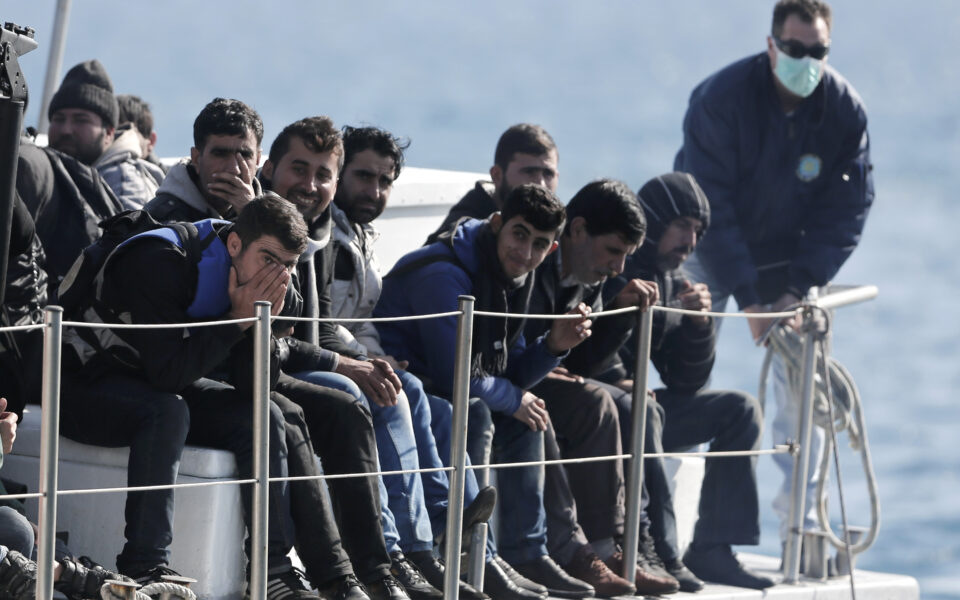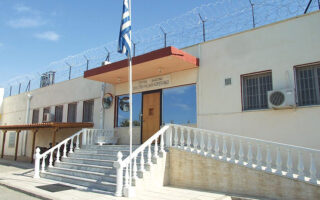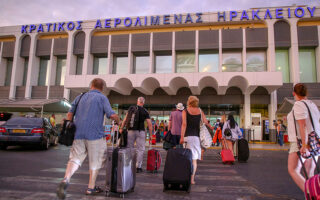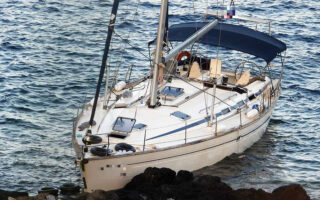On the trail of human traffickers

The coast guard has opened cases of migrant smuggling against traffickers in Turkey and two well-known non-governmental organizations (NGOs) involving the transportation of migrants to two islands in the summer of 2021.
Communications intercepted by the National Intelligence Service (EYP) show that NGO volunteers in Greece were made aware of migrant transports and, in one case, possessed photographs of the migrants about to attempt the sea crossing to Greece.
The coast guard investigation has concluded that the coordinator of the trafficking was an officer in Turkey’s coast guard, who showed the migrants his professional ID card to convince them of the feasibility and success of their journey and to collect the €1,000 per head that he demanded.
One of the migrants who were subsequently intercepted, a Somali ex-policeman, told Greek authorities that he had been the Turkish coast guard officer’s guest for a month.
The two cases involve migrant transports to the islands of Kos and Farmakonissi in July and August 2021. The reports are now at the hands of an examining magistrate in Kos.
The investigation began when armed forces notified the Kos port authority of a dinghy approaching the coast. Coast guard officers made it to the landing place, only to find the dinghy, and its motor, destroyed. There were no signs of the migrants at the time, but 14 of them were found by the coast guard and police a few hours later.
Soon after, authorities got hold of two email messages sent to a lawyer, who is also head of an NGO. The emails contained a list with the names and photos of the dinghy passengers. Some of the migrants told authorities that a man from Cameroon, representing the traffickers, had traveled with them. Shortly after, the 40-year-old man was arrested and his cellphone sent to the Greek police’s Digital Evidence Lab. Similarly, lists and photos of passengers were sent to NGOs before the crossing to Farmakonissi, in August 2021. The lists are sent so that NGOs can move to prevent any deportations.
The Greek police and coast guard had also developed cases of trafficking against NGOs active on Lesvos in 2020. The charges forced the NGOs to suspend their activities and the volunteers, from central and northern Europe, to leave Greece. But, in these cases, there was not enough evidence to establish NGO involvement in trafficking.





